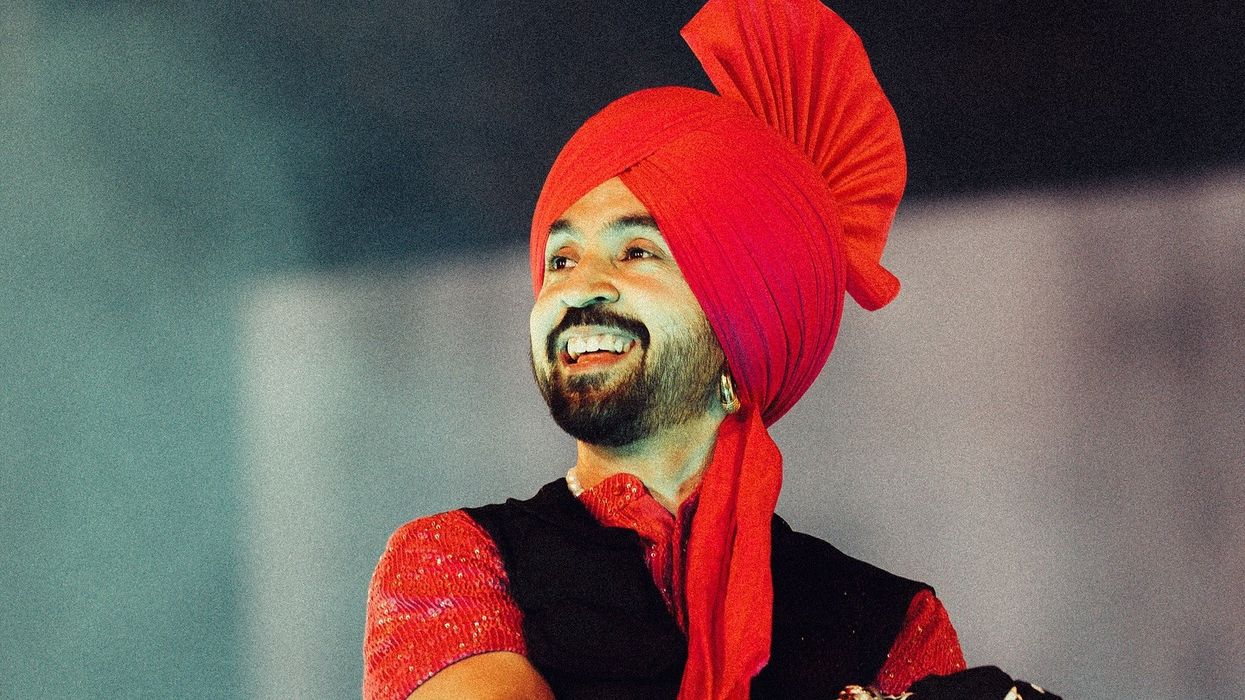BRITISH pharma giant AstraZeneca is "on track" to start rolling out up to two billion doses of a coronavirus vaccine along with Serum Institute of India in September, its chief executive said on Friday (5).
The company is partnering with Oxford University, which has pioneered the vaccine, and is already manufacturing doses before seeking final regulatory approval once testing concludes in the coming months.
"So far we're still on track... we are starting to manufacture this vaccine right now, and we have to have it ready to be used by the time we have the results," AstraZeneca chief executive Pascal Soriot told BBC radio.
"Our present assumption is that we will have the data by the end of the summer, by August, so in September we should know whether we have an effective vaccine or not."
The firm announced this week it had struck agreements with the Coalition for Epidemic Preparedness Innovations (CEPI), Gavi the Vaccine Alliance, and the Serum Institute of India to double production capacity of the Covid-19 vaccine to two billion doses.
The partnership with the Indian institute -- one of the world's largest vaccine manufacturers -- will help supply it to a large number of low- and middle-income countries.
AstraZeneca has established separate supply chains for the vaccine in Europe, the US, India and is also looking at setting up production in China, Soriot said.
He added AstraZeneca, which is undertaking the work on a non-profit basis, could lose money if trials prove disappointing.
'Count on India's support'
Notably, India on Thursday pledged $15 million to the global vaccine alliance Gavi as AstraZeneca and Pune-based Serum Institute signed a deal to produce the vaccine.
Boris Johnson, who hosted the virtual Global Vaccine Summit, said the international effort was "the moment when the world comes together to unite humanity in the fight against disease".
"I urge you to join us to fortify this lifesaving alliance and inaugurate a new era of global health co-operation, which I believe is now the most essential shared endeavour of our lifetimes," said the British prime minister.
"India," Prime Minister Narendra Modi said, "stands in solidarity with the world in these challenging times.
"We are the world's foremost producer of vaccinnes , we are fortunate to contribute to the immunisation of 60 per cent of the world's children.
"Our support to Gavi is not only financial; India brought down the global price of vaccines. Our proven capacity of to produce quality medicines and vaccines at low costs, and our own understanding experience in rapidly expanding immunisation and our scientific talent are all at the service of humanity.
"You can count on India's support."
Britain's acting high commissioner to India, Jan Thompson, said she was "pleased to see such a strong endorsement" from Modi.
"As he said, India’s capacity to produce vaccines at low cost and research expertise will play a very important role," she added.
"I am delighted to see the continuing and excellent UK-India collaboration as a force for good against Covid-19 – from vaccine development to keeping essential medical supply routes open."



















